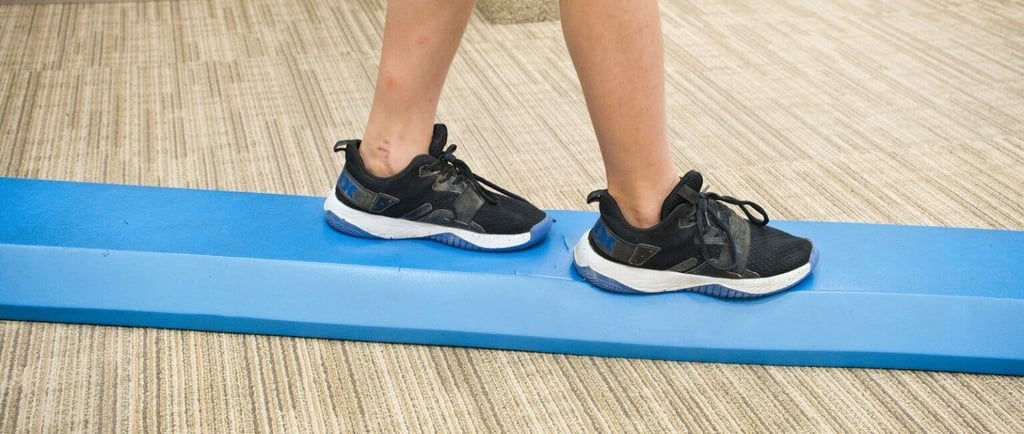How Gaps in Care Can Affect Your Personal Injury Claims in Kansas City
When you’ve been injured in a car accident or any other personal injury incident, consistent care is not only vital for your health but also plays a significant role in supporting your personal injury claim. As a chiropractor specializing in concussion evaluation and care, I’ve seen firsthand how gaps in treatment can complicate a case and ultimately affect its outcome. Inconsistent care can have lasting effects on both your well-being and your claim.
Lance Stevenson, DC
3/29/20252 min read


1. Creating Uncertainty in Your Injury's Severity
In personal injury claims, a comprehensive medical record is one of the strongest pieces of evidence. Regular visits and ongoing care from a healthcare provider document the nature and progression of your injury. When there are gaps in care, it can lead to uncertainty about the seriousness of the injury. Missing treatment sessions or delays in seeking care may unintentionally create a narrative that your injury wasn’t as severe as initially reported.
2. Raising Questions About Your Commitment to Treatment
For insurance companies and legal teams, clear and consistent medical documentation is key in determining the appropriate compensation for an injury. If treatment is delayed or interrupted, it may raise questions about the severity of the injury or whether the treatment plan was truly necessary. These inconsistencies can sometimes lead to complications in securing a fair settlement or resolution.
3. Increased Risk of Long-Term Consequences
Untreated or under-treated injuries can worsen over time. A neck injury, for example, may lead to chronic pain or long-term mobility issues if not managed properly. These types of issues could extend your treatment period and complicate the claim process if it appears that there was a lack of continuity in addressing the injury. Gaps in care may inadvertently contribute to more serious, long-lasting health consequences.
4. Disrupting the Continuity of Medical Documentation
Medical records serve as a critical timeline of care and healing. Gaps in treatment can disrupt the flow of your medical history, which is essential for showing the progression of your injury. The absence of consistent care documentation may make it difficult for your attorney to build a strong, continuous narrative of your injury and its impact on your life, potentially complicating efforts to secure fair compensation.
5. Influencing the Legal Process
Personal injury claims rely heavily on clear, consistent evidence to demonstrate the nature of the injury and the necessary treatments. Gaps in care can create inconsistencies in the overall case, which can sometimes result in delays or complications during negotiations or settlement discussions. Insurance companies and legal teams may interpret breaks in treatment as a sign that the injury wasn't as severe, which can affect the strategy for securing the compensation you deserve.
Whiplash Chiropractor in Kansas City
Lance@ChiroKC.com
816-226-7476
© 2025 Lance Stevenson, DC, LLC. All rights reserved.
Disclaimer: The content provided on this page is for informational and educational purposes only and is not intended as a substitute for professional medical, legal, or insurance advice. While every effort is made to provide accurate and up-to-date information, it should not be relied upon as the sole basis for decisions regarding your health, legal matters, or insurance claims. Please consult with your healthcare provider, attorney, insurance company, or other relevant professionals for personalized guidance tailored to your specific situation.
1010 Carondelet Dr., Suite 416
Kansas City, MO 64114